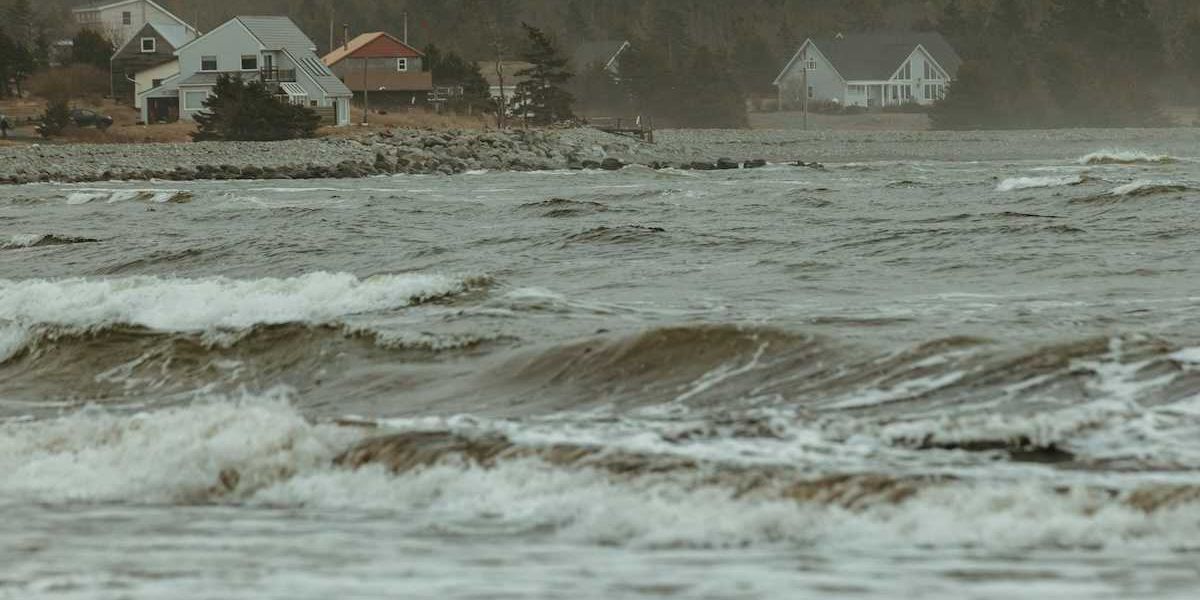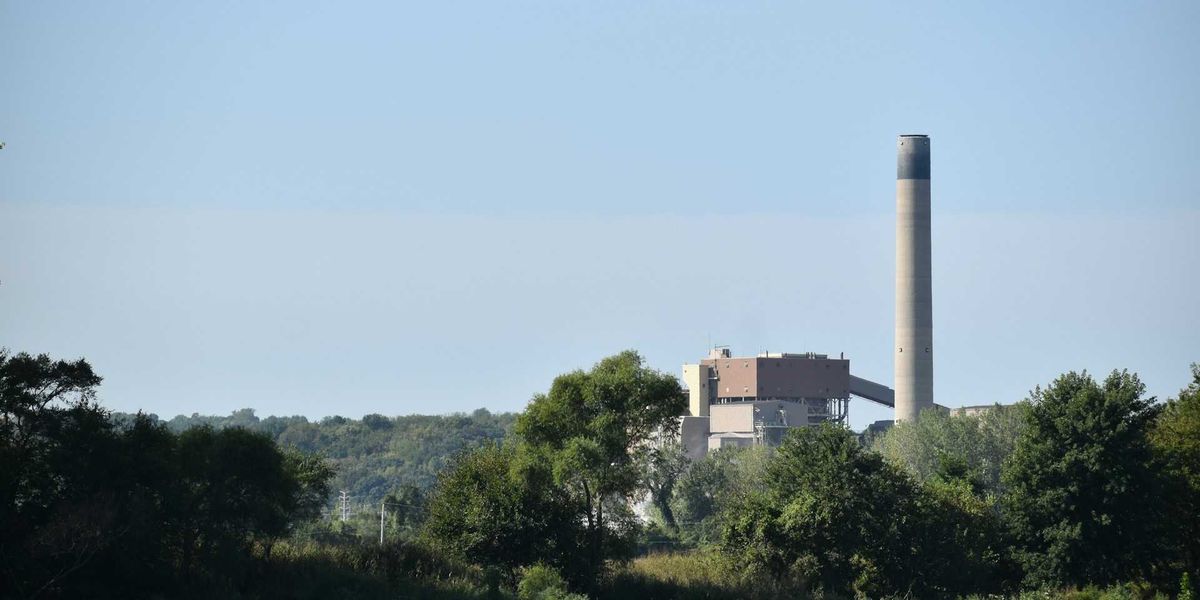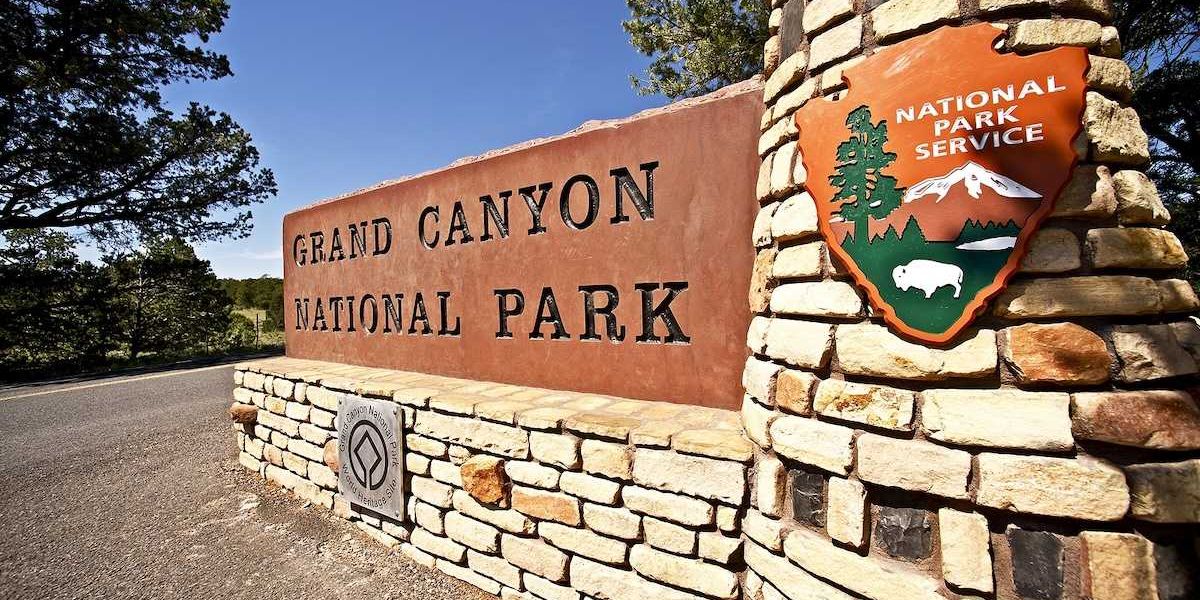Flood-prone Pennsylvania region considers major upgrades to handle extreme storms
A new study urges southeastern Pennsylvania to prepare for more frequent and intense flooding by expanding open spaces, upgrading infrastructure and improving public awareness.
Jon Hurdle reports for Inside Climate News.
In short:
- The Brandywine Flood Study, driven by Hurricane Ida’s 2021 devastation, calls for structural and non-structural flood control measures, including land conservation and infrastructure upgrades.
- Researchers found that 60% of bridges, culverts and dams in the Brandywine watershed are too small to handle projected floodwaters.
- While federal funding from past infrastructure bills remains available, concerns persist about future financial support under the Trump administration.
Key quote:
“The results of this storm [Hurricane Ida] were catastrophic for many communities in the central and lower portions of the watershed. These impacts were the catalyst for this study, to provide recommendations for communities to be better protected and prepared for future storms.”
— Brandywine Flood Study report
Why this matters:
As climate change accelerates, extreme storms are becoming more frequent and more intense, leaving communities vulnerable to catastrophic flooding. Rising global temperatures fuel heavier rainfall, while rising sea levels increase the risk of storm surges, compounding the damage. For local governments, the challenge is clear: how to protect people and property without breaking budgets. The cost of large-scale infrastructure projects — such as upgraded stormwater systems, sea walls or expanded wetlands — can be staggering. At the same time, delaying action can result in even greater economic and human costs when floods hit.
Related EHN coverage: A guide to environmental health in southwestern Pennsylvania













